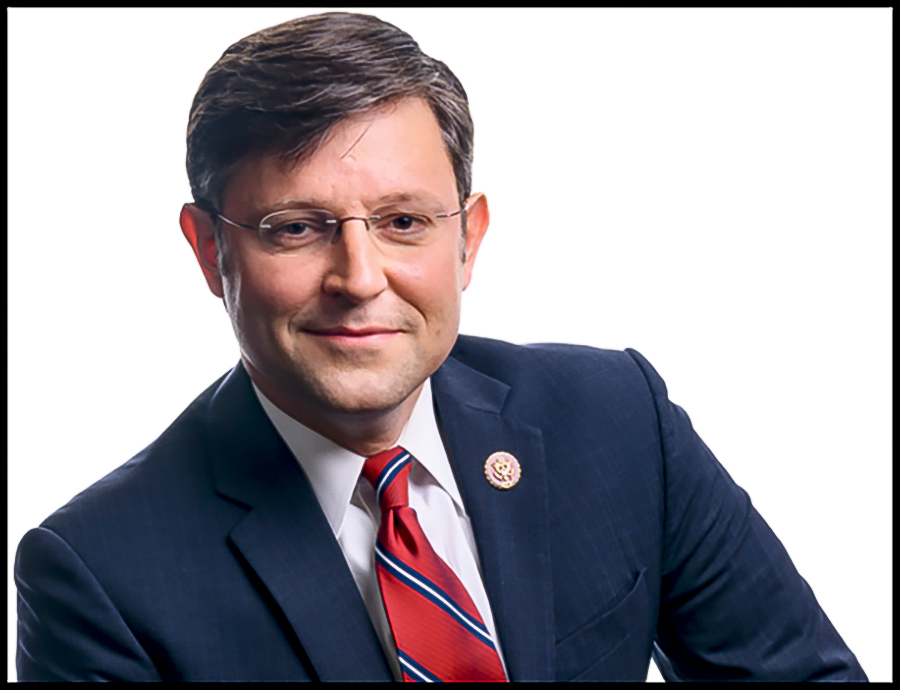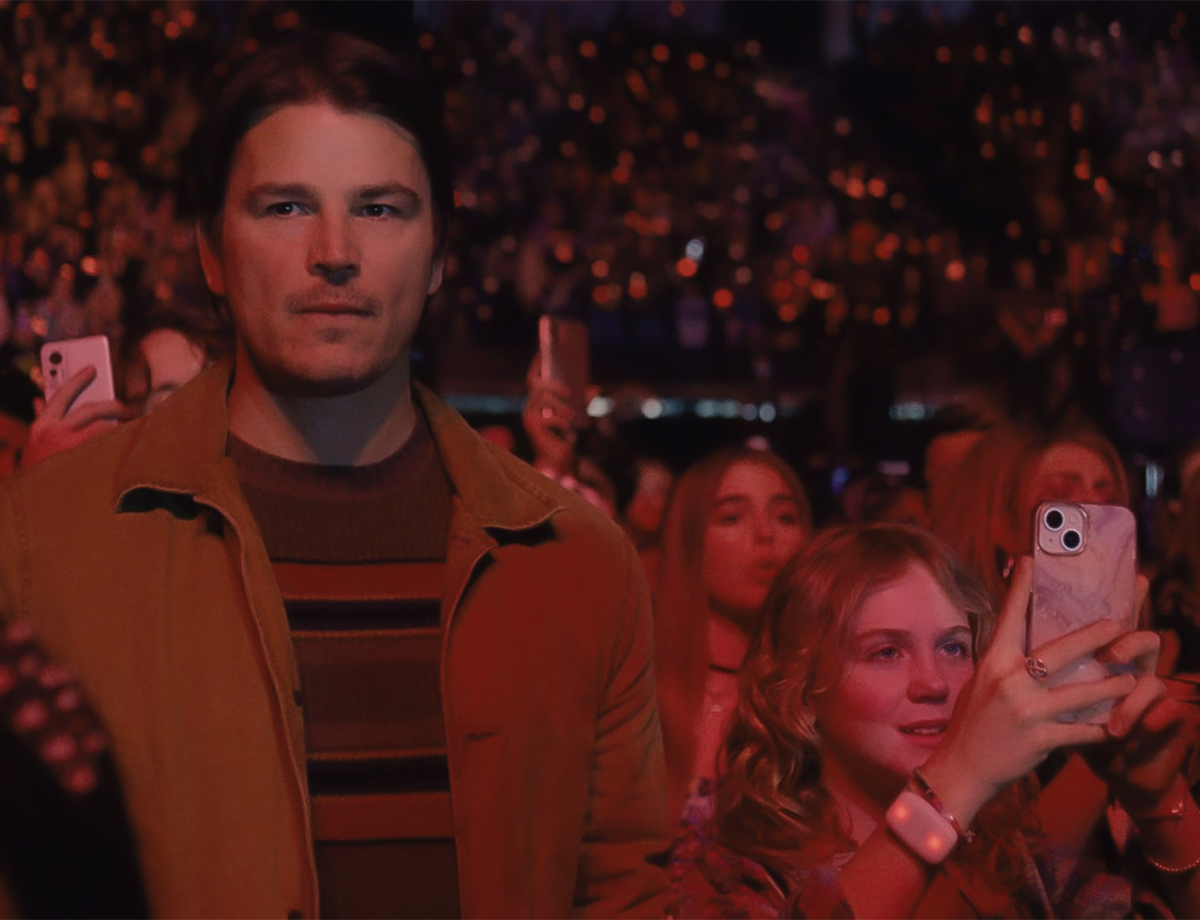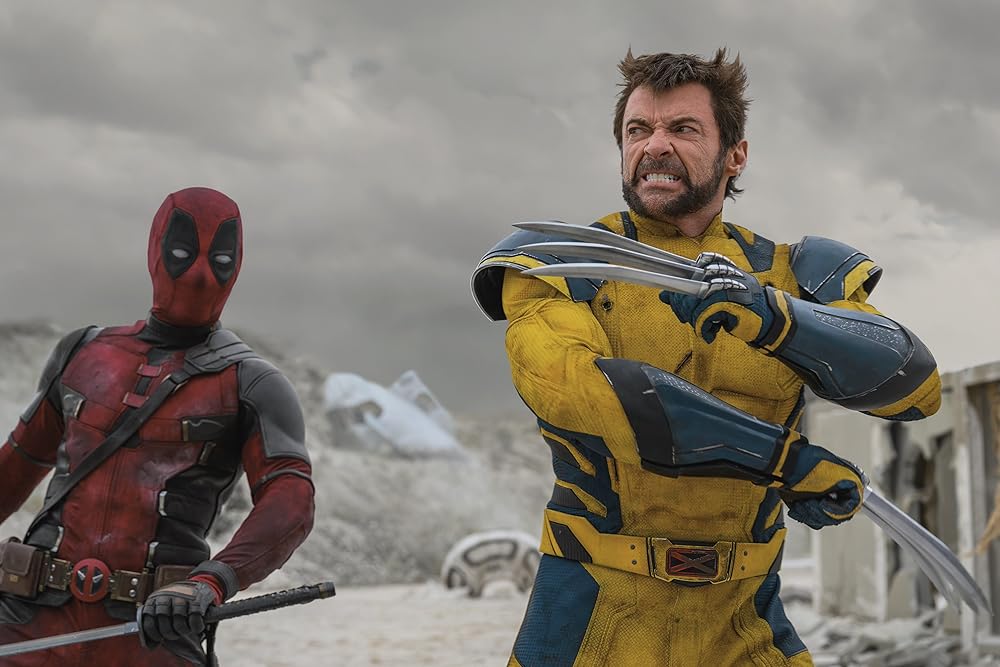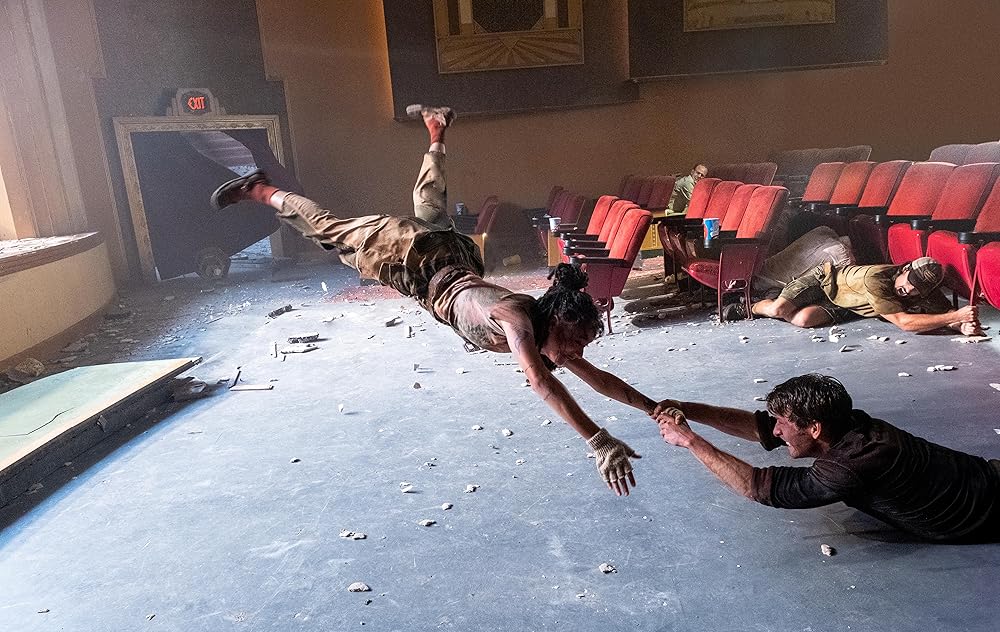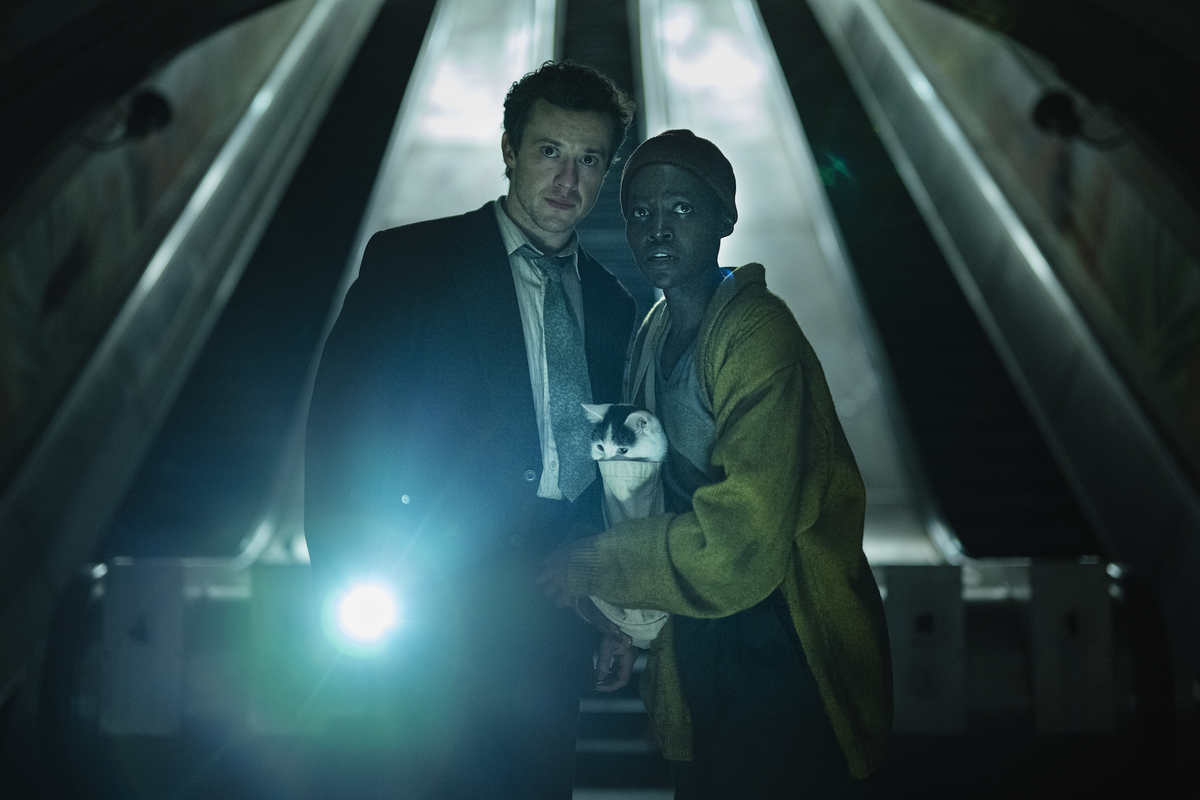Actor Slim Pickens plays Major “King” Kong in Stanley Kubrick’s masterpiece, “Dr. Strangelove or: How I Learned to Stop Worrying and Love the Bomb.” Photo Courtesy IMDB.com
Staff Writer Raymond Thomas Pronk
This is the first installment of Pronk’s series Eternally Grateful Great Movies.
If you believe climate change is an existential life and death threat to the planet, what could be the triggering event? A thermonuclear war between the Soviet Union, now Russia, and the U.S. would drastically change the planet’s climate. Once a nuclear weapon explodes over one of Soviet’s nuclear missile bases, a Soviet doomsday device automatically explodes nuclear bombs jacketed with “cobalt- thorium G” against the attacking nation, the U.S.
The world’s climate would be contaminated with radioactive nuclear fallout for 93 years. This is exactly what happens in “Dr. Strangelove or: How I Learned to Stop Worrying and Love the Bomb,” the classic black comedy satire of the Cold War directed, produced and co-written by Stanly Kubrick.
The film is just as relevant and funny today as it was when it was released in January 1964 and still makes you think about the issues of nuclear weapons and possible consequences of their use, accidental and/or intentional. The threat and fear of nuclear weapons is still very much existential—they could still eliminate humanity’s potential by ending in a catastrophe with both intended and unintended consequences.
The film was nominated for four Academy Awards including Best Picture, Best Director, Best Actor (Peter Sellers, who played three roles) and Best Screenplay Adaption, and won the 1965 British Academy Film Awards (BATF) for Best Film, Most Outstanding British Film and Best Art Direction B&W (Ken Adam).
It also received nominations for Best British Actor (Sellers), Best Foreign Actor (Sterling Hayden) and Best British Screenplay (Sellers, Terry Southern, Peter George).
In 2000, the Academy of Fine Arts (AFI) “100 Years of Laughs” list of comedies placed the film as No. 3 behind “Some Like It Hot” (1959) and “Tootsie” (1982), and in 2007 ranked “Best Movies Ever Made” with “Dr. Strangelove” ranked No. 26.
A deranged, U.S. Air Force Brig. Gen. Jack D. Ripper (played by Hayden) is commander of Burpelson Air Force Base in England and orders the B-52 bomber wing to initiate “Wing Attack Plan R,” a first strike nuclear attack of the Soviet Union’s missile bases that does not require presidential authorization.
The general’s chief of staff, British Group Capt. Lionel Mandrake, Royal Air Force (one of three roles played by Sellers), discovers that the Pentagon had not issued a duplicate attack order.
He confronts Ripper, who tells Mandrake he believes the Soviets have been fluoridating American water supplies to pollute the “precious bodily fluids” of Americans. Mandrake realizes Ripper has gone mad. Ripper locks them both in his office as U.S. troops attack and recapture control of the Force base.
If the Russian invasion of Ukraine escalates and involves the active participation of the both the North Atlantic Treaty Organization (NATO) countries of western Europe and the U.S., the possibility of an accidental or even intentional nuclear confrontation between Russia and the U.S. still remains a distinct possibility with President Biden issuing the “go code” or authorization to U.S. nuclear forces to attack Russia’s nuclear armed missiles, air craft and submarines.
Viewing the film “Dr. Strangelove” provides highly entertaining comic relief from the daily news war reports on television and radio but should also make all people reflect on the dangers and consequences of a thermonuclear war – a very real existential life-and-death threat compared to climate change.







